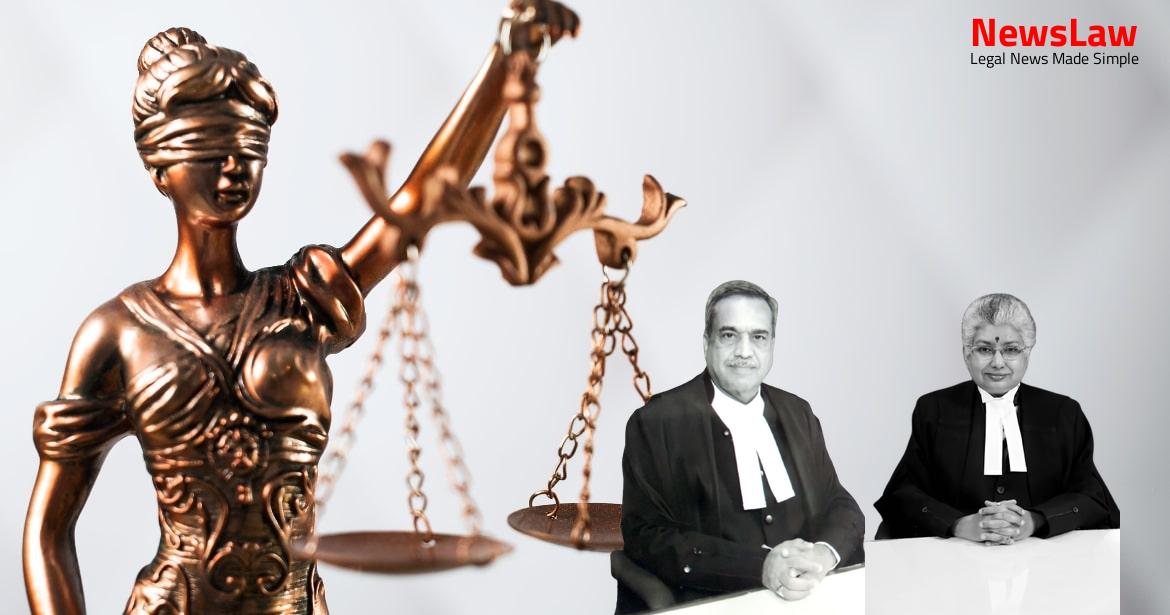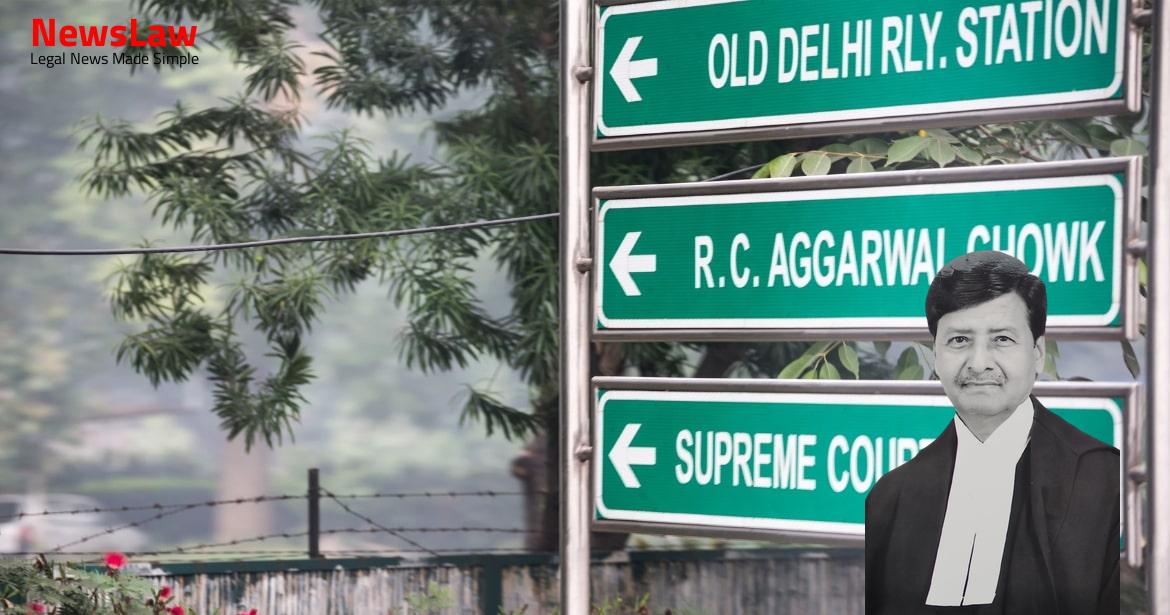In a significant legal case, the High Court delves into the intricacies of employment law regarding the regularization of long-serving employees. The court’s detailed analysis and rulings provide valuable insights into the rights and entitlements of employees in similar situations. Let’s explore the key aspects of the court’s judgment and the implications it holds for the parties involved.
Facts
- The appellant University is aggrieved by the judgment and order passed by the High Court which directed the regularization of services of the respondents.
- The Division Bench dismissed the appeals and confirmed the decision of the learned Single Judge to regularize the services with consequential benefits.
- Some employees had their writ petitions allowed by the Single Judge and the University’s appeals were also unsuccessful.
- Even special leave petitions filed before this Court by the University were dismissed.
- The University is dissatisfied with the High Court’s decision and has filed the present appeals.
- Respondents-petitioners prayed for regularizing their services based on the parity with six similarly situated employees confirmed by the Syndicate in 1999.
- A Sub-Committee recommended regularization for the respondents who had served for 15-30 years, but their services were not regularized by the University.
- Original writ petitioners held various positions at J.N.V. University and were appointed through a placement agency.
- University sought information on contract basis employees for possible regularization in 2017.
- High Court directed University to regularize services of the respondents, but University disagreed.
Also Read: Ruling on Circumstantial Evidence in Murder Case
Analysis
- No interference with the High Court judgment and order granting regularization
- Employees have been in service for more than 15-30 years
- Employees may be on contractual basis
Also Read: Challenging Legal Presumptions in Negotiable Instrument Cases
Decision
- Limited notice issued to respondents to show cause why benefits accruing from regularization should not be restricted to three years prior to filing of writ petitions
- Original writ petitioners worked for more than 15 to 30 years
- Consequential benefits on regularization restricted to three years prior to filing of writ petitions
- Original writ petitioners entitled to regularization notionally and with continuity of service from date of regularization of similarly situated employees
- Impugned judgment of High Court and Single Judge modified
- Original writ petitioners entitled to actual consequential benefits on regularization for period prior to three years of filing writ petitions only
- Appeals partly allowed with no order as to costs
- Continuity in service and benefits notionally granted from date similarly situated employees were regularized
Also Read: Legal Analysis Critique in High Court’s Quashing Order
Case Title: JAI NARAIN VYAS UNIVERSITY Vs. MUKESH SHARMA (2022 INSC 351)
Case Number: C.A. No.-002096-002198 / 2022



